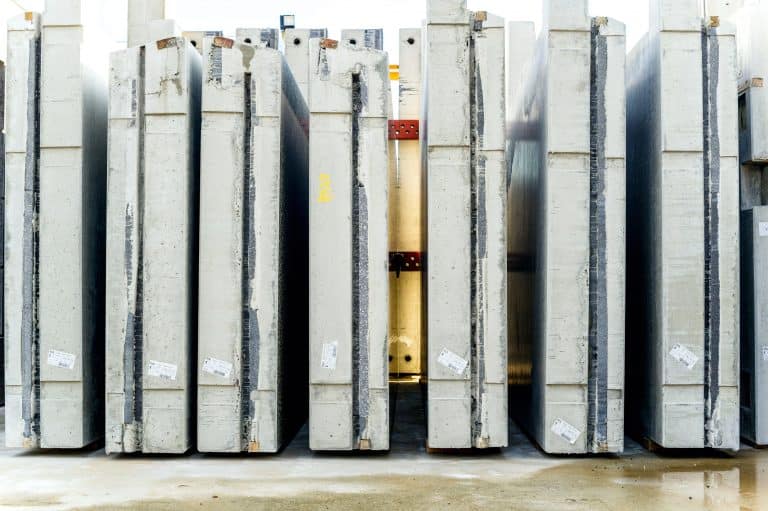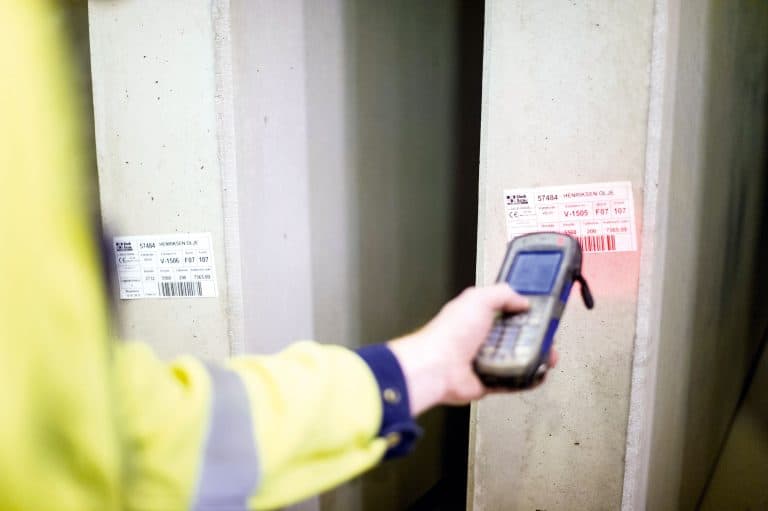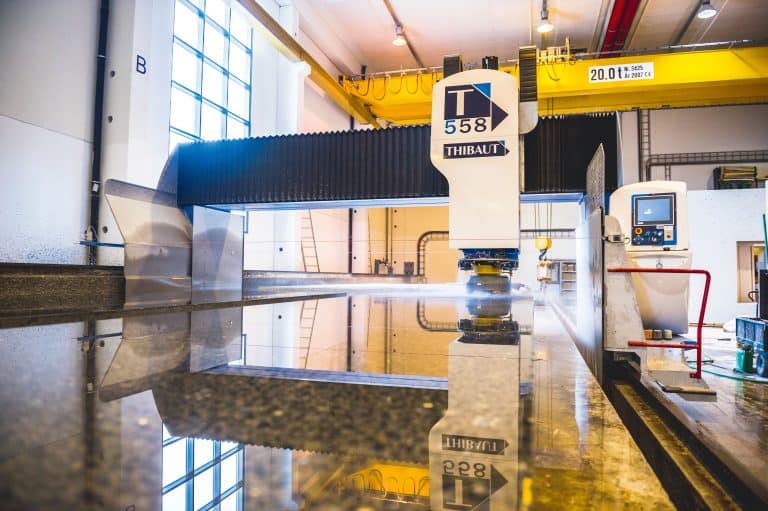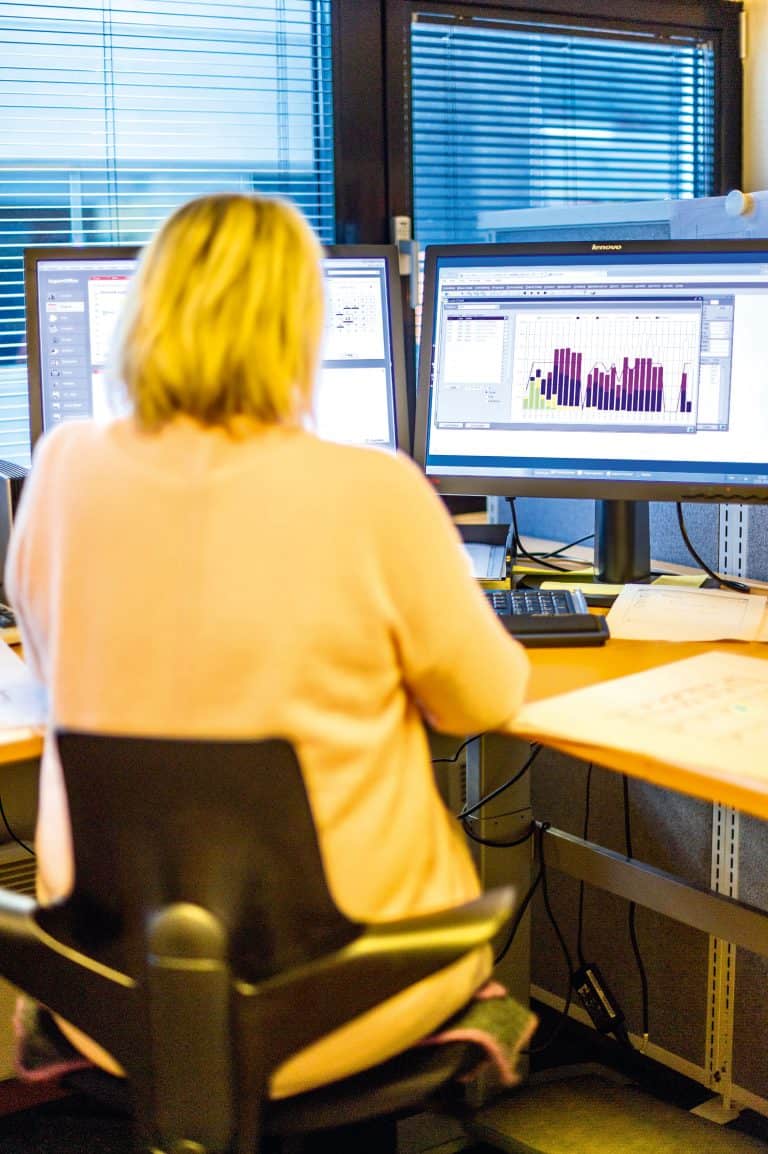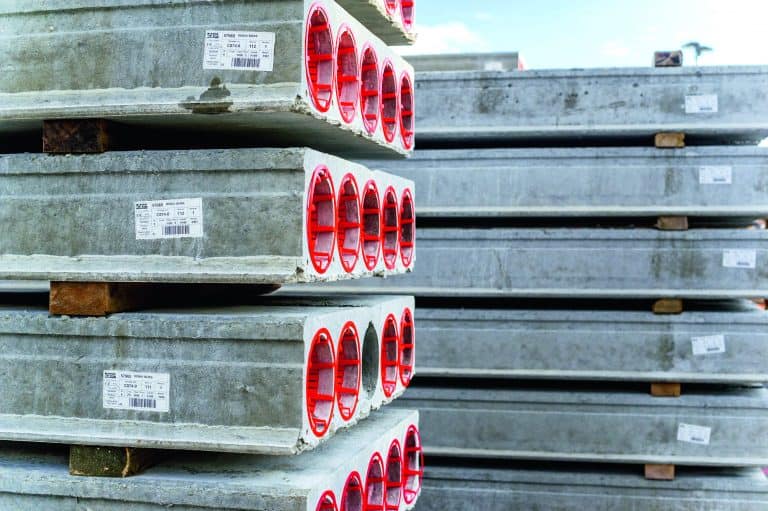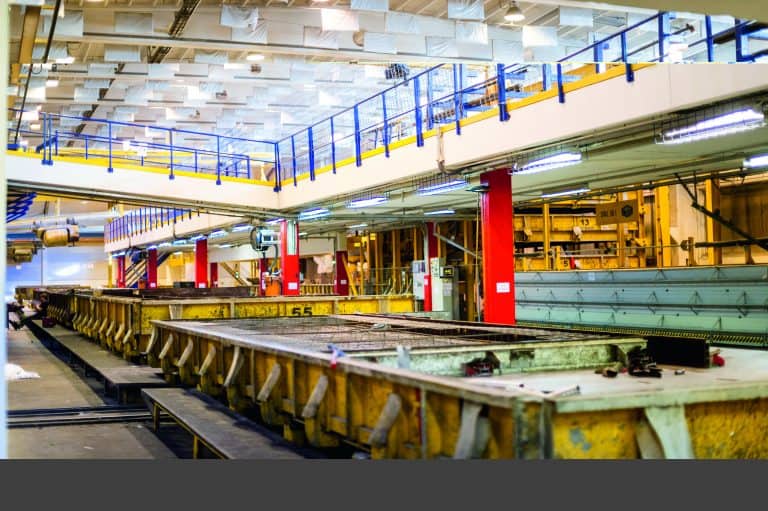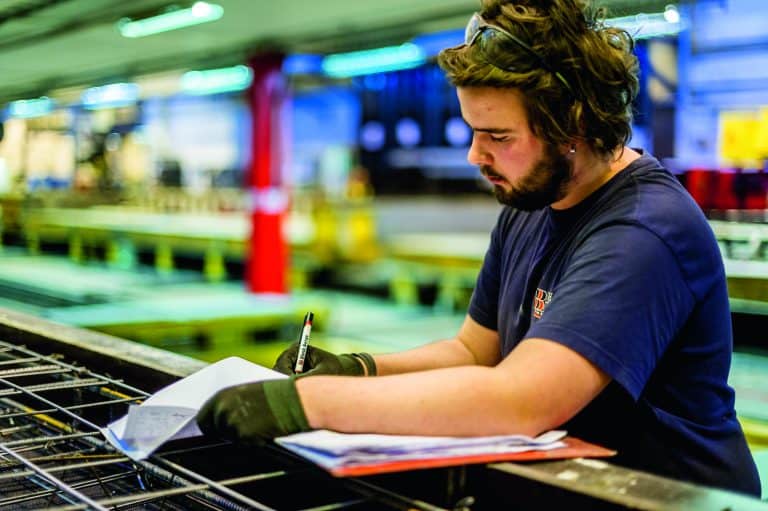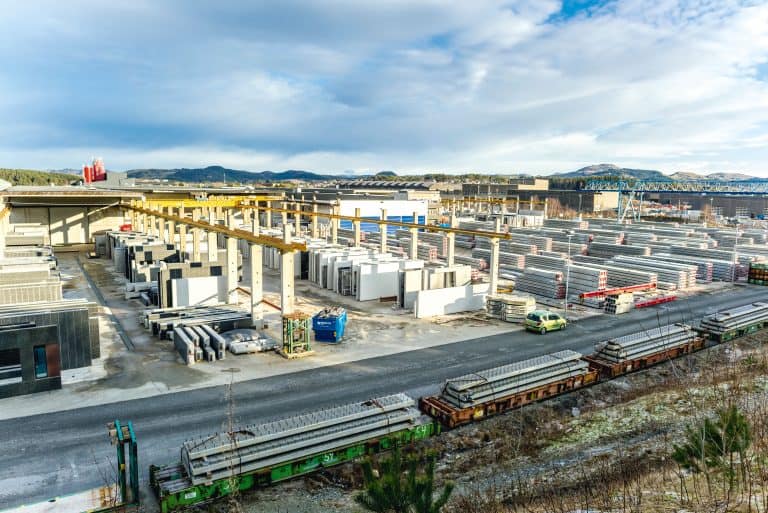Further Steps
Key next steps for Block Berge Bygg, in which it will draw even more upon the services and capability of EliPlan, include:
- implementing the EliPlan Tendering Module;
- increasing its already growing use of Building Information Modelling (BIM), which boosts information flow and efficiency of the entire design and construction process as a consequence; and,
- support for more product development, including concepts such as thin-walled, non-loadbearing wall panels.
Tendering Module
‘We are looking forward to start implementing the Tendering Module in the near future,’ says Skårland. The step would be a relatively large task to undertake, he adds, but Block Berge Bygg will be working with Elematic to achieve the goal.
‘We must work closely together and try to develop the best possible solutions for the future,’ he says. ‘Our 50-year long production history and knowledge about concrete elements needs to be implemented, and inputted, in the calculation system for new projects. This way we can use real-time data to calculate costs.’
Getting the correct price ‘is the most important thing,’ he adds. Working with the Tendering Module ‘will give us the correct price and help us to stay competitive in the market.’
BIM
Skårland says BIM has a role in its operations, and its use is growing for Block Berge Bygg as the accurate information and data the systems hold are then directly imported into EliPlan.
‘Everything is usable for us immediately,’ he says.
Unlike before, the information management processes, enabled by the development in BIM systems, eliminates the need for manual data entry, and so improves speed as well as accuracy.
The BIM systems currently used are software from Tekla and Impact, respectively. The systems have evolved as part of a larger construction industry effort, to which both Block Berge Bygg and Elematic have contributed.
Skårland says the BIM systems hold different parts of a project’s information together so everything matches – it must all fit in the virtual models. Then, the systems produce accurate drawings which is good for casting concrete element: there’s even less failure in production and erection.
‘It’s all easier and more correct from the start,’ he says.
He adds that using BIM also means further improvement in ordering raw materials, ensuring what is needed is available on schedule and there are no stock issues affecting worker activities in steps in the factory processes.
BIM working with EliPlan helps to reduce costs, including man-hours in making concrete elements. It is a lean manufacturing approach, and gives greater efficiency, he says.
Product Development
In south west Norway, the building market has a especially strong for load-bearing walls, or façades. Block Berge Bygg produces about 300m2-350m2 per day, and the elements need more curing time compared to other products.
The existing strong demand is leading the company to examine product development in façades, investigating possibilities to expand its already strong offering to the market by adding non-loading bearing panel products.
